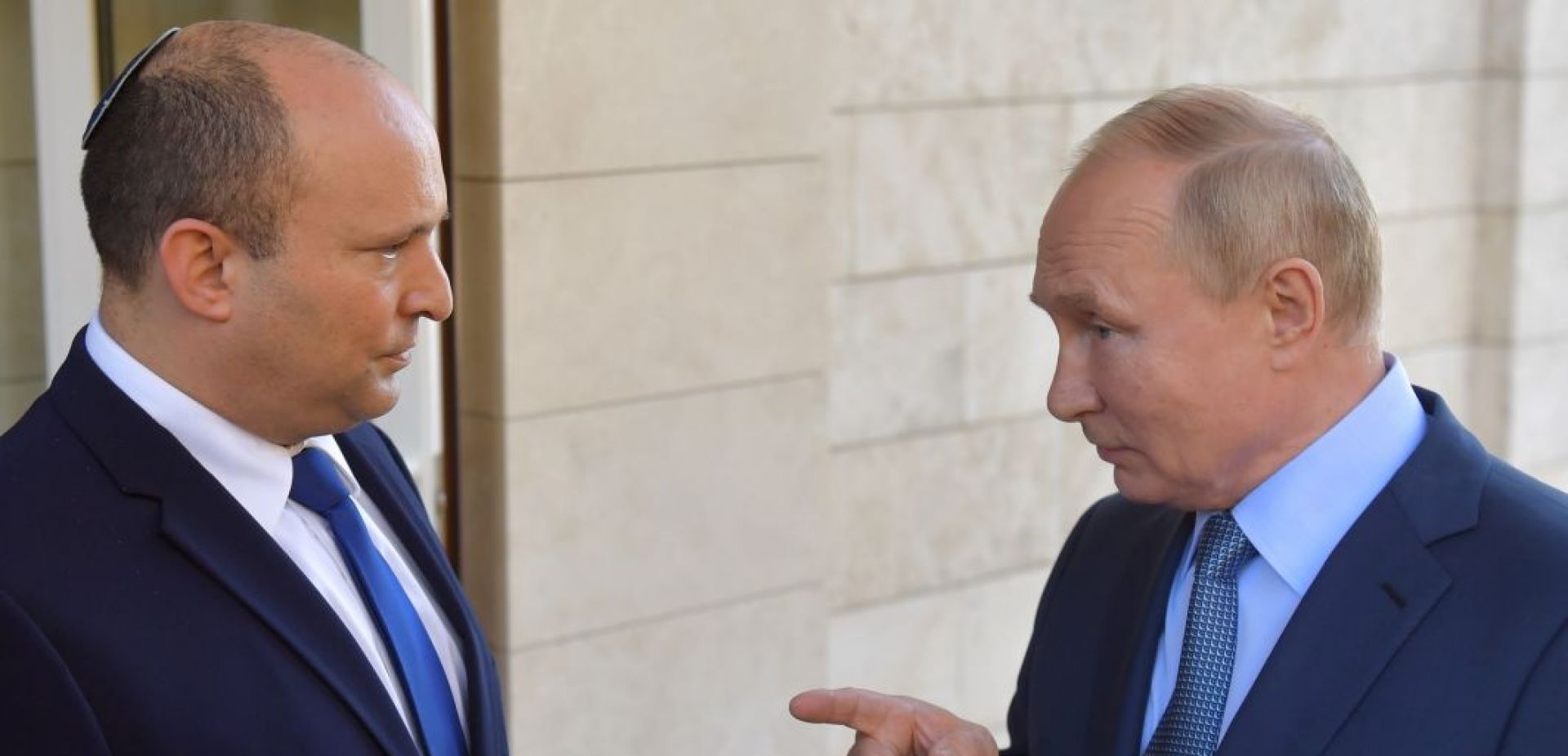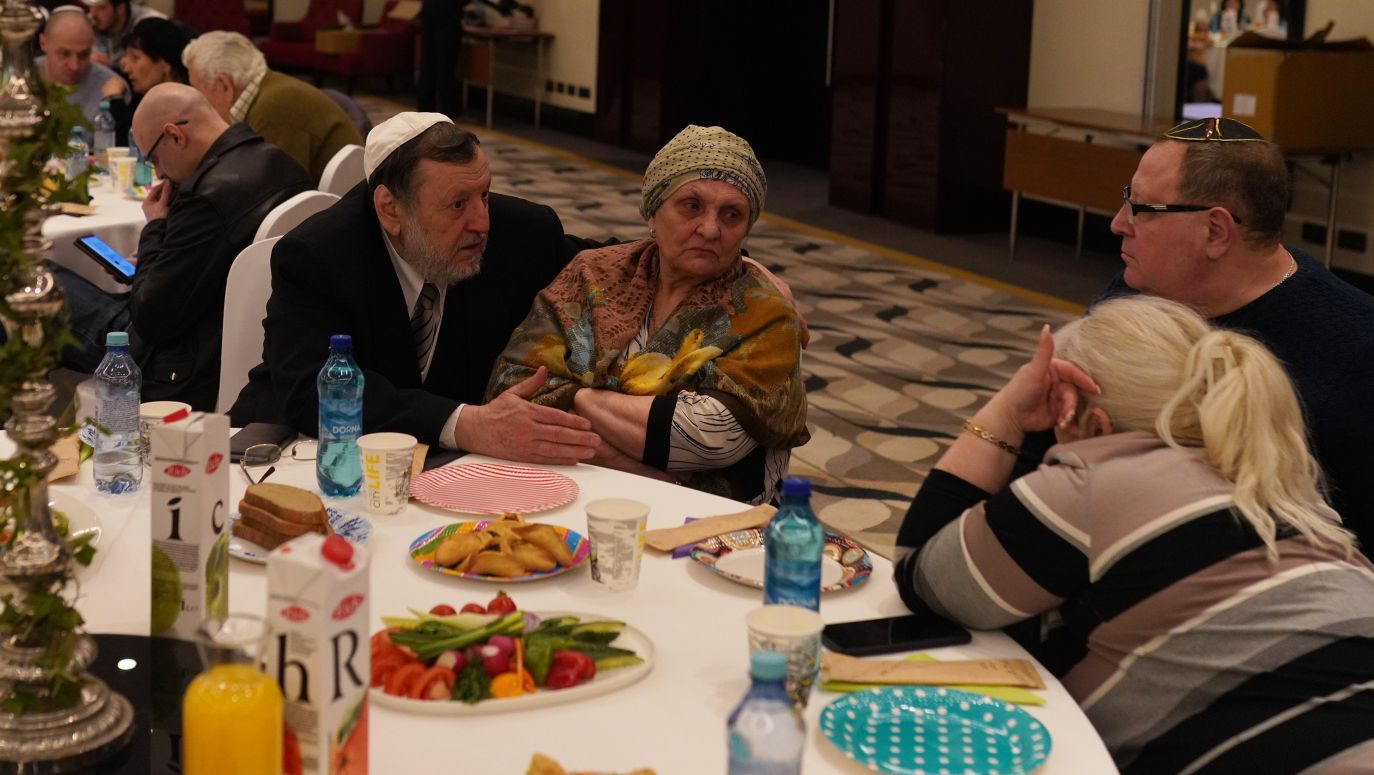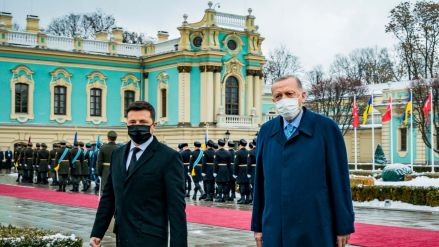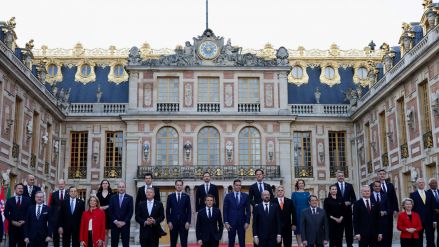Israel has the ambition to mediate between Ukraine and Russia and, inter alia, that’s why she didn’t join to the sanctions imposed on Russia by the EU , US, UK and a number of other states. The Israeli government refused to align to 81 countries who have signed the UN’s resolution condemning the Russian invasion. It repeatedly declined military help solicited by Zelenskyy. But at the same time it is sending a considerable humanitarian aid and has condemned the Russian invasion at the United Nations General Assembly.
On Sunday, March 20 Zelenskyy was to give a speech – naturally online – to the members of the Knesset. As soon as the Israeli media reported that, the Russian ambassador to Israel, Anatoliy Victorov asked for an encounter with the speaker of parliament, Mickey Levy. It is extremely important for Moscow that Israel keeps the hitherto policy: even if she condemns invasion of Ukraine, she doesn’t participate in imposing sanctions. Either against Russia herself nor against Russian oligarchs, many of whom bear Israeli passports – the “Times of Israel” confirmed March 15, referring to high-rank Israel’s officials.
 WAR IN UKRAINE
WAR IN UKRAINE 
The Jewish state is not willing to impose sanctions on Russia because it doesn’t want a confrontation with Russia. Moscow is too important for Israel in terms of crucial security issues: in Syria and regarding Iran Jerusalem desires to maintain her co-operation channels with Russia untouched for they make way for relatively secure airstrikes on targets is Syria. The situation is furthermore complicated as hundreds of thousands Jews abide in the war zone as well as in Russia and Belarus. Therefore we must act responsibly and take balanced steps – that’s how people around Prime Minister Nafatli Bennett account for the hitherto policy of Israel.
Good cop, bad cop
While analysing those few weeks of the war and Israel’s attitude towards it, it is hard to resist the impression that the Israel chose to play, in a sense, good cop, bad cop. The minister of foreign affairs, Yair Lapid is strongly denouncing Russia and is serving as the main (actually the sole in Israel) critic of the aggression against Ukraine. Wheras Prime Minister Bennett often contacts with the Kremlin and was the first and, for the time being, the only head of Western government to meet Vladimir Putin in Moscow after the outbreak of the war, on March 5.
Both parties didn’t officially announced any details of the three-hour meeting. Unofficially though everybody knows that both leaders were discussing not only the war in Ukraine but also the ongoing talks between world powers, Russia and Iran about reviving the nuclear agreement form 2015. After his trip to Moscow Bennett headed for Berlin where he met Olaf Scholz.









